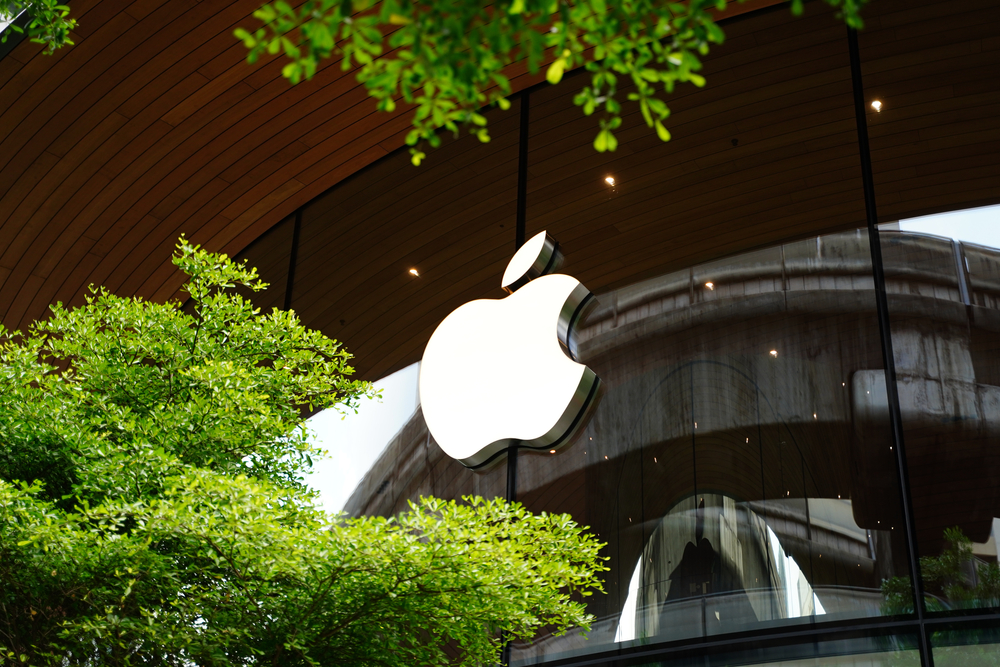Modest iOS 26 upgrades and Siri delays fuel upgrade hesitancy
Apple’s slow progress in artificial intelligence is raising concerns among analysts and investors, as the tech giant struggles to justify hardware upgrades and maintain its dominance in the smartphone market.
At its June developer conference, Apple previewed iOS 26, the next major software update for iPhone. But unlike past years, the update lacked a compelling breakthrough. Its most notable changes were mostly cosmetic, and the much-anticipated overhaul of Siri—Apple’s AI assistant—has been delayed again.
Several analysts have responded by cutting iPhone sales forecasts, citing the lag in AI capabilities as a key reason for weaker consumer enthusiasm. Apple’s new “Apple Intelligence” features, while a step forward, appear modest compared to rival offerings from Google and Samsung.
Hardware hopes ride on new iPhone Air
Despite the software lag, Apple could regain momentum with new hardware. A thinner iPhone Air is expected to debut this year, along with the usual chip upgrades and camera improvements across the iPhone lineup. These enhancements may persuade some users who have held off on upgrading.
“For Apple, hardware always matters,” said Carolina Milanesi, an analyst at Creative Strategies. “Getting people to upgrade remains critical for Apple Intelligence adoption and services revenue growth.”
AI setbacks and acquisition pressure
Apple’s AI gap is fueling speculation that the company may be forced to change its acquisition strategy. Bloomberg’s Mark Gurman reported that Apple has held informal talks with startups like Perplexity and Thinking Machines Lab, signaling a willingness to look beyond its typical small-scale acquisitions.
Analysts suggest Apple must accelerate AI development or risk losing ground to rivals. “Even great hardware won’t fix Apple’s AI problem,” Gurman noted in his Sunday column.
Looking beyond the iPhone
Apple’s challenges extend beyond the iPhone. With economic headwinds, possible tariff hikes, and longer consumer upgrade cycles, the company faces mounting pressure to innovate. Reports suggest Apple is also exploring smart glasses and other hands-free devices to compete with Meta and Google in the emerging ambient computing space.
A $6.5 billion hardware project between former Apple designer Jony Ive and OpenAI’s Sam Altman reportedly centers on a device that isn’t a phone at all—another sign the future of AI may be hands-free and screenless.


